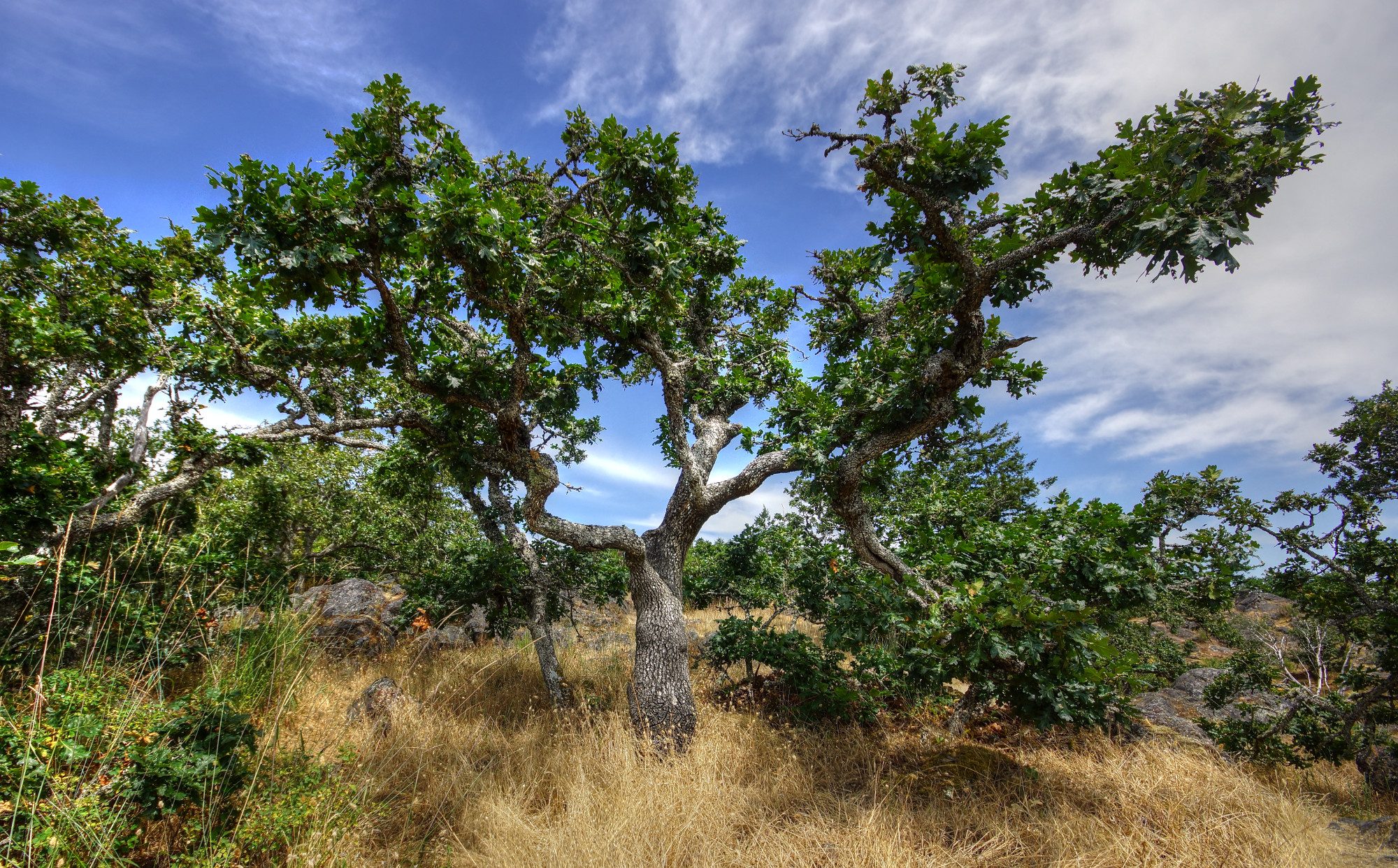Terri Lacourse, Ph.D.
I am currently Professor in the Department of Biology and Centre for Forest Biology, at the University of Victoria. I am also Curator of the UVIC Herbarium. Before starting at UVic, I was a NSERC Postdoctoral Fellow at the University of New Brunswick and University of British Columbia, and a STINT Research Associate at Stockholms Universitet with Barbara Wohlfarth. I completed a PhD in Paleoecology (2004) with Rolf Mathewes at Simon Fraser University and a Master’s in Paleoecology (1998) with Konrad Gajewski at the University of Ottawa.
My research interests and expertise are in palynology, and forest and peatland paleoecology. My main area of research is the development and dynamics of temperate forest and peatlands since the last glaciation. This research relies primarily on techniques such as high-resolution pollen analyses of radiocarbon-dated lake sediments and peat, and focusses on identifying the ecological (e.g., life history) and environmental (e.g., climate change) factors that drive species abundances, species interactions, forest development, and peatland carbon accumulation. I have a genuine fondness for statistics, in particular multivariate ordination techniques and age-depth models, and for introducing students to the wonderful world of applied biostatistics.
I teach two main courses at the University of Victoria:
BIOL 330: Study Design and Data Analysis
Sample Course Outline
This course provides an introduction to the statistical analysis of biological data, experimental design and sampling design. Laboratories emphasize numerical analysis of biological data sets in R.
We start with the basics (e.g., when to use a median instead of a mean, P-values, t-tests, ANOVA), and then dive into regression, factorial designs, GLMs, ANCOVA, and permutation testing. We end by focussing on how statistical significance can be manipulated and I try to teach students how to “talk back” to statistics.
BIOL 457/557: Paleoecology & Environmental Change
Sample Course Outline
This course focusses on the fundamental principles of paleoecology with emphasis on species, community and ecosystem responses to environmental change over the past 2 million years and especially the period since the last glaciation. Course topics include the use of fossil remains to infer ecological dynamics and paleoenvironmental conditions, late Pleistocene megafaunal extinctions, and the application of paleoecological data in conservation and ecological management.
